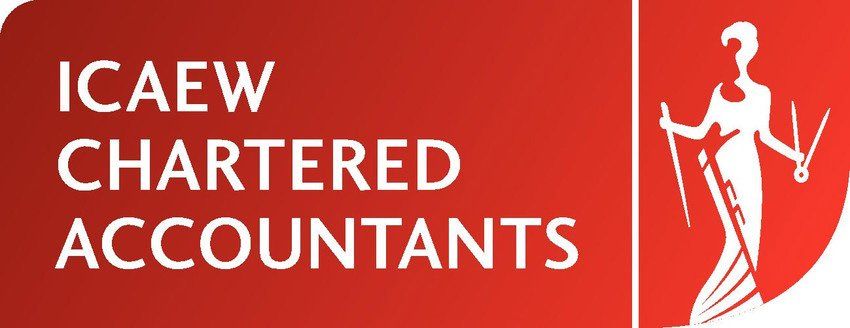Fall in government borrowing ‘increases possibility of tax cuts’ in Budget
Fall in government borrowing ‘increases possibility of tax cuts’ in Budget
Data published by the Office for National Statistics (ONS) has revealed that government borrowing fell to £7.8 billion in December 2023, increasing the possibility of tax cuts in the upcoming Spring Budget.
Experts have suggested that the latest figures may give Chancellor Jeremy Hunt additional ‘wiggle room’ for tax cuts in the Spring Budget on 6 March. During the World Economic Forum’s annual meeting in Davos, Switzerland, Mr Hunt hinted that he wants to cut taxes, and stated that low-tax economies are ‘more dynamic, more competitive and generate more money for public services’.
The ONS data also showed that interest payments on government debt fell to £4 billion, down by £14.1 billion when compared to December 2022.
Commenting on the data, a spokesperson for the Treasury said: ‘We are focused on creating a more productive public sector, not a larger one, by reducing admin workloads, introducing early interventions and safely bringing in new tech like AI. This will stop the state growing ever larger and ensure taxpayers’ money is spent on the public’s priorities.’










